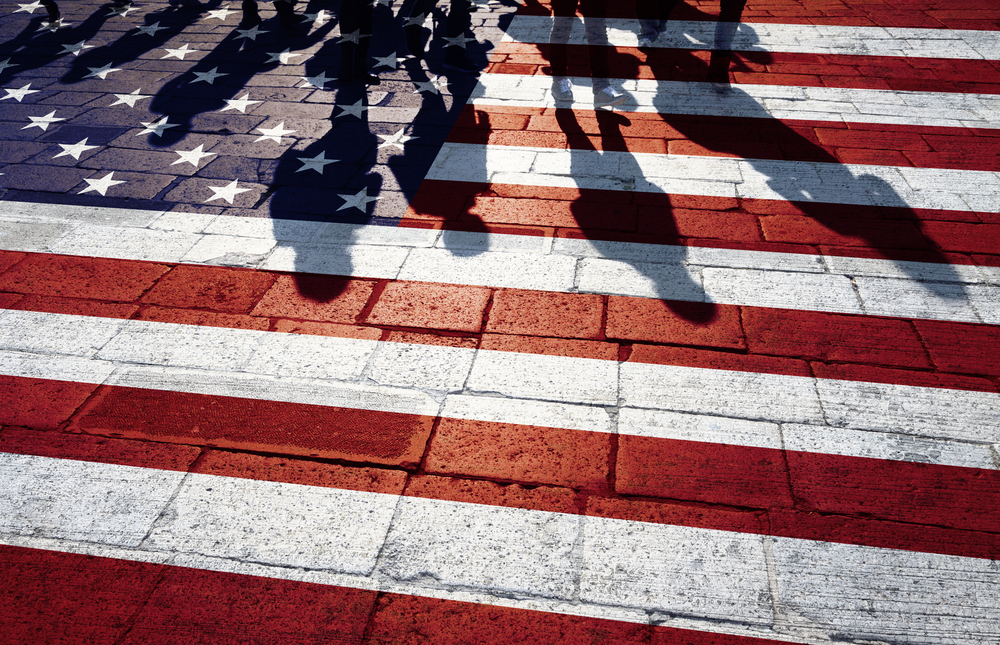
With 22,000 unaccompanied minors and 40,000 families arriving at the U.S. border since January, Customs and Border Protection (CBP) Commissioner Kevin McAleenan testified before a House panel on Wednesday that transnational criminal organizations are “preying on these individuals.”
McAleenan appeared before the U.S. House Homeland Security Committee about CBP border security priorities, plans to deploy the National Guard to the southern border and immigration loopholes. U.S. Rep. Martha McSally (R-AZ), chair of the Subcommittee on Border and Maritime Security, noted the “caravan” of hundreds of immigrants from Central America that recently arrived in northern Mexico.
“This caravan has gotten a lot of attention, there is a large group of people coming to our border, many who plan to exploit our loopholes — but this has been happening every single day in the communities along the border,” McSally said. “The insanity is that the message to any transnational criminal organization is just to get to the border, look for someone, turn yourself in, say the right words, then you can just disappear into the interior of the United States with a very small percentage showing up for their court date in the future.”
McAleenan confirmed that transnational criminal organizations typically charge $5,000 to $10,000 to “smuggle” individuals to the border and to grant access to cross “their area.” As a representative of a border district, Mcsally said she fully supports deployment of the National Guard to the border and requested an update on the status of the deployment.
“CBP very much appreciates the opportunity to work with the National Guard again,” McAleenan replied. “We have 600 on the ground already, doing things like surveillance, operational support, intelligence analysis and maintaining access roads and infrastructure. So they are going to extend our capability in a number of different areas.”
McSally then turned her line of questioning to facilities and infrastructure along the southern border. She noted that land ports of entry are “critical for both economic opportunity and increasing cross-border commerce which will provide economic development and jobs in America, but also for security.”
“We’ve seen the vast majority of drugs are coming through the ports of entry,” McSally added. “These ports of entry are part of border security, but they are also apart of economic development and opportunity and many of them are woefully inadequate, like the Douglas Port of Entry in my district. Built in 1933, it needs to be replaced, and we’ve been advocating for that since I came here.”
McAleenan called the Douglas Port of Entry a “challenging facility to say the least” because of the influx of traffic since it was built in the 1930s. McAleenan added, “It wasn’t designed for where we are today” and its modernization was a “top ten priority” for CBP.

